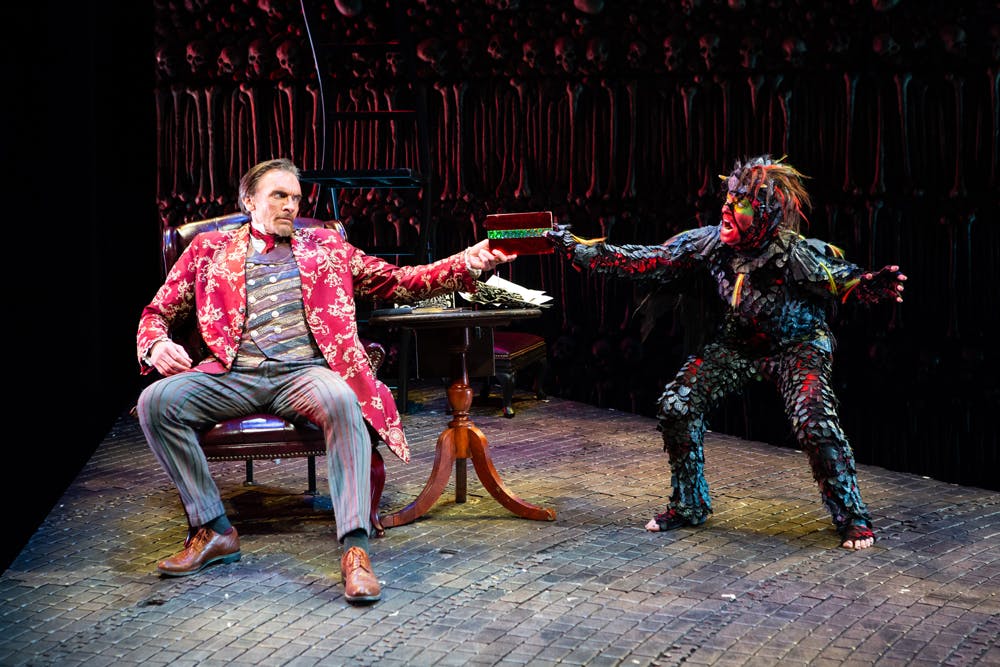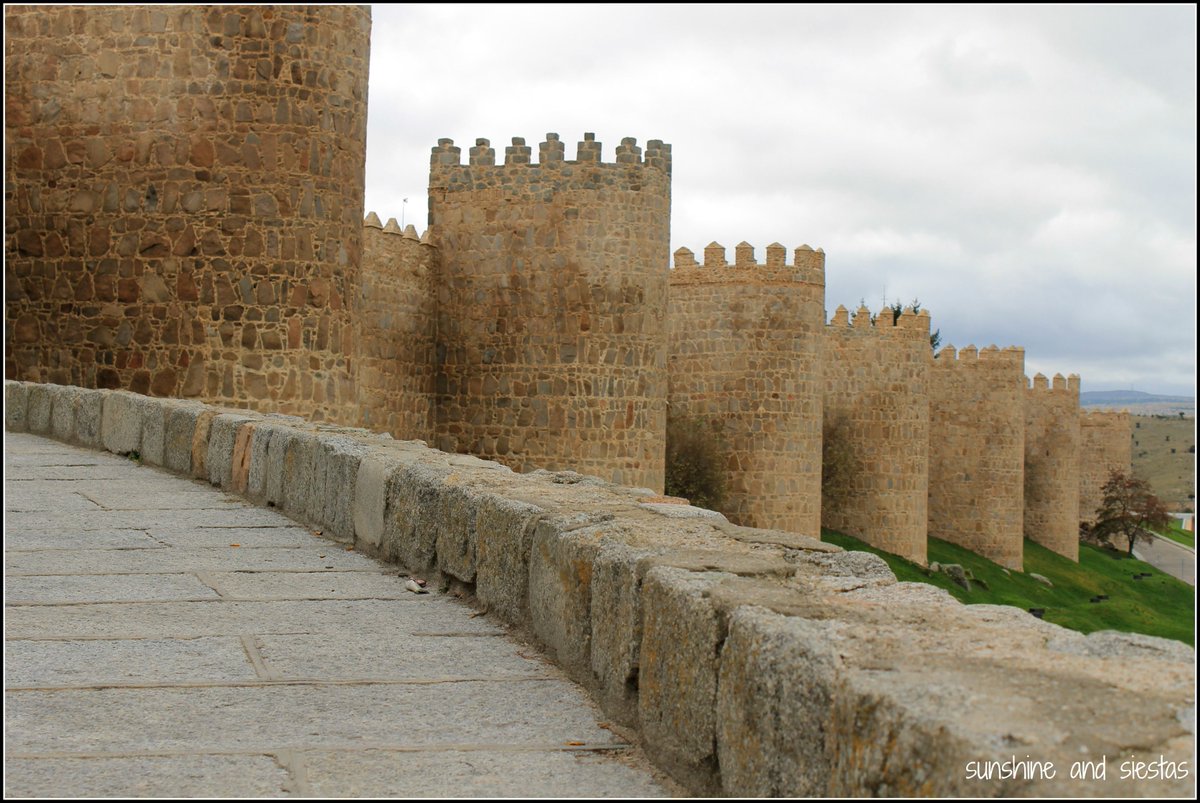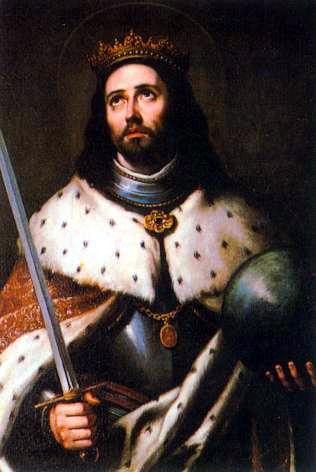Every time I read the tale of St George’s showdown with the dragon, my attention is caught by a different detail. One that struck me recently was in the backstory, before George even showed up.
When the dragon’s terrors began, the men of Silene gathered to put a stop to it.
When the dragon’s terrors began, the men of Silene gathered to put a stop to it.

But they all fled in terror the moment the dragon appeared.
This detail not only establishes a contrast between these inferior men and St George, but it also helps to establish the impossibly high cost that a failure of courage can impose.
This detail not only establishes a contrast between these inferior men and St George, but it also helps to establish the impossibly high cost that a failure of courage can impose.
The dragon now faced no opposition as it "envenomed" the city at will with its horrible breath. (Another important detail.) To appease it, the townspeople gave two sheep per day. But soon that wasn’t enough and they took to offering humans.
It gets worse. Human sacrifices also proved inadequate. The dragon had a more choice appetite. It wanted to eat children. Also very telling. Evil wants the children.
So the people of Silene held lotteries to determine which unfortunate children would be next.
So the people of Silene held lotteries to determine which unfortunate children would be next.
Lesson: the failure of men to muster the necessary courage leads to the sacrifice of their children.
But then, just as the king's daughter was offered up, St George happened upon the scene. He crossed himself, charged the dragon, and killed it. Alone he accomplished what a small army of men could not. Like I said, the courage of one real man sometimes makes all the difference. 

St George's courage and martial prowess gave others a chance at life. For this reason he became the patron saint of chivalry. 

It appears more and more like the dragons are coming out again and a similar test will be put to us.
St George, ora pro nobis.
St George, ora pro nobis.

• • •
Missing some Tweet in this thread? You can try to
force a refresh

 Read on Twitter
Read on Twitter











